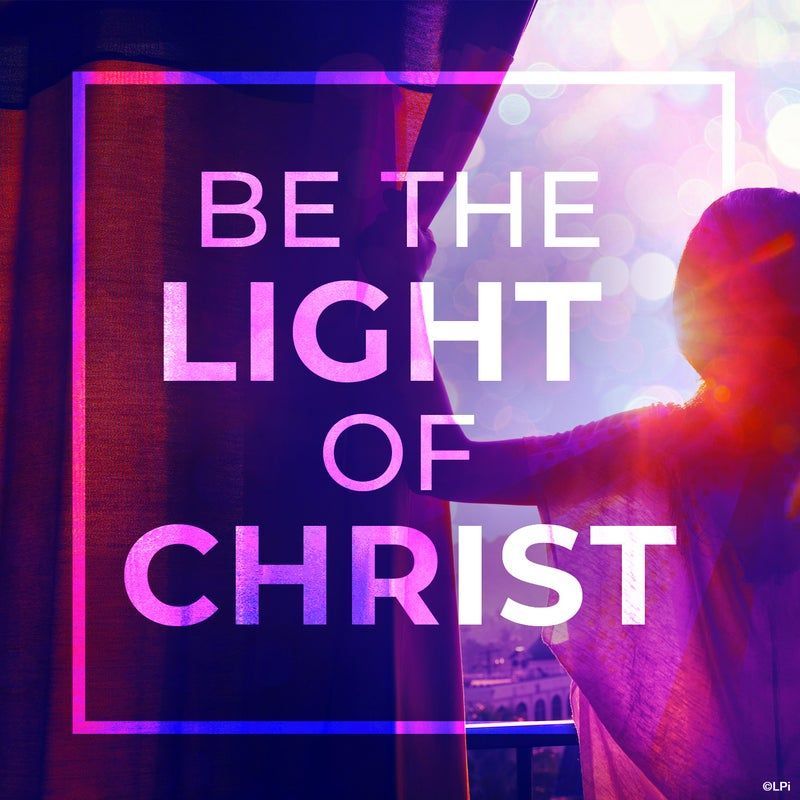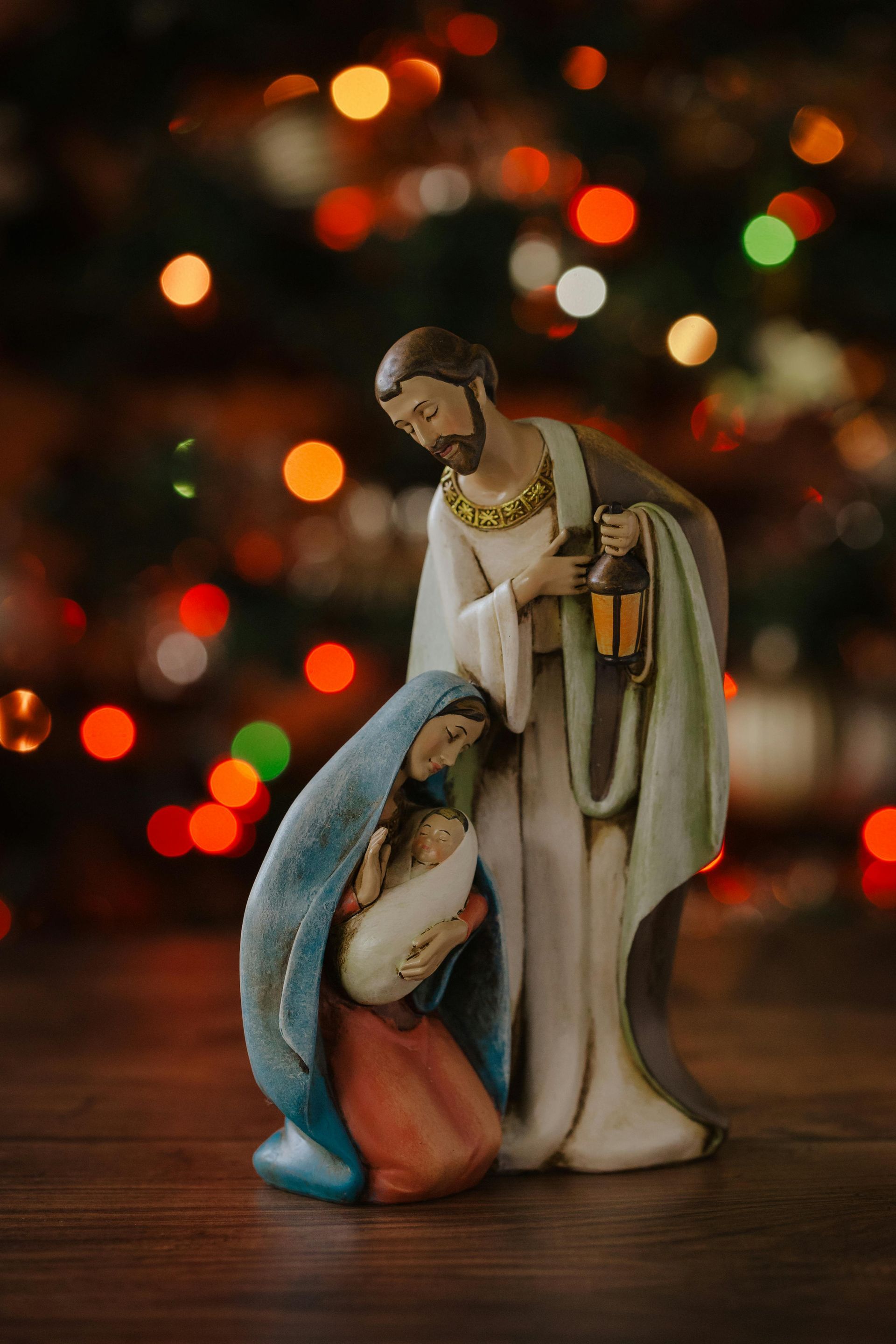By Deacon Paul Cerosaletti
•
November 16, 2025
Jesus Christ never leaves us without Hope. Recently I have become acquainted with a man who shared his story that, as a young man from an abusive and drug-addicted family, he found himself on the streets, homeless, fleeing the chaos of his home life. One Sunday morning he found himself, as a homeless person, sitting on a bench outside a Catholic church during Mass. As parishioners were coming out of the church after Mass, he encountered a couple who stopped, reached out and talked with him. Noticing the homeless man did not have a coat, the husband immediately gave him his coat before they went on their way. The homeless man found himself wondering — what made that couple different from all the others he had encountered in his walk as a homeless person? As time went on, he got into a stable situation, landed a job, got married and had a family of his own, and that question in his heart from that day led him to become a Catholic himself. Today he and his wife are discerning his call to a vocation to ordained ministry as a Deacon in the Church. Jesus Christ never leaves us without Hope. The scripture and Gospel passages today contain a lot of disconcerting, and perhaps even scary, imagery regarding the end times: blazing fires, destruction of the Temple, wars, insurrections, deceit, persecutions, and death. But notice how these prophecies conclude: ” But for you who fear my name, there will arise the sun of justice with its healing rays” “...but not a hair on your head will be destroyed. By your perseverance you will secure your lives." Jesus Christ never leaves us without Hope. How fitting that we should be reminded of Hope, about Hope in the midst of the tribulations of our lives and world, as we move towards the end of this liturgical year, the Jubilee Year of Hope . It is this same Hope that Pope Leo XIV draws our attention to on this Sunday, the World Day of the Poor in his message for the day, entitled “You are my Hope.” In this message Pope Leo instructs us on the relationship between the poor, ourselves, and Hope, and of our collective responsibility to Hope. Here is what Pope Leo writes: The poor are not a distraction for the Church, but our beloved brothers and sisters, for by their lives, their words and their wisdom, they put us in contact with the truth of the Gospel. [They] can be witnesses to a strong and steadfast hope, precisely because they embody it in the midst of uncertainty, poverty, instability and marginalization. They cannot rely on the security of power and possessions; … Their hope must necessarily be sought elsewhere. God took on their poverty in order to enrich us through their voices, their stories and their faces. Every form of poverty, without exception, calls us to experience the Gospel concretely and to offer effective signs of hope. (1) Pope Leo reminds us that in encountering the poor among us, we encounter hope in Christ the Servant who washes both our feet. In serving our poor brothers and sisters — poor in whatever means — serving them in acts of charity and kindness, we find ourselves in the presence of Christ who shows us true Hope, Faith and Charity. We too are fed , washed and healed while we do the same for our brothers and sisters. While we are fed at this table of Charity, Pope Leo reminds us that we have a responsibility to serve at it. Hope is born of faith, which nourishes and sustains it on the foundation of charity, the mother of all virtues. All of us need charity, here and now. Charity is not just a promise; it is a present reality to be embraced with joy and responsibility… to offer new signs of hope that will bear witness to Christian charity… (1) We are called to the responsibility of charity: it is not an optional thing! Each act of charity is an act of kindness, compassion, mercy. Sometimes they are big acts; and sometimes they are small acts of charity in support of a big act, like contributing time or goods to our food pantry or community Thanksgiving dinner, the Giving Tree or Angel Tree party. And sometimes they are small acts of reaching out, listening, or encouragement. We can all offer those acts of charity and all of us need that charity. Do not give into the temptation that even the simplest act of charity, of kindness, is not of great value! Giving into that temptation leads us to indifference and inaction, which Pope Leo teaches “robs our [brothers and sisters] of hope.” Kindness matters! Never underestimate that your kindness, your charity, can be a lifeline of hope and light in what might be a dark moment or period in another person's life. Each little act of charity is a stone which we build into the wall of a great temple of Hope, the cornerstone and master-builder of which is Christ himself. A temple of Hope built of living stones which beckons the world into communion with the One who is Eternal Hope, Light and Life. As Jesus Christ gives us Hope, let us persevere in acts of charity and kindness, despite the tribulations of all going on around us and in us, and share that Hope with one another. (1) Pope Leo XIV. Message of the Holy Father for the 9th World Day of the Poor: You are my Hope






